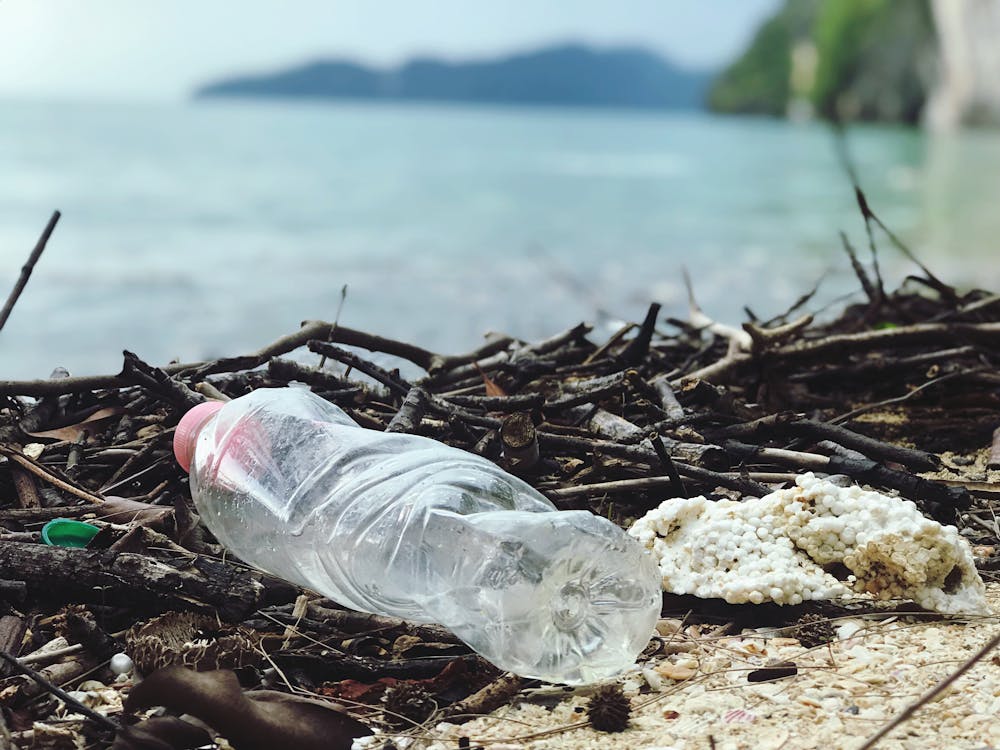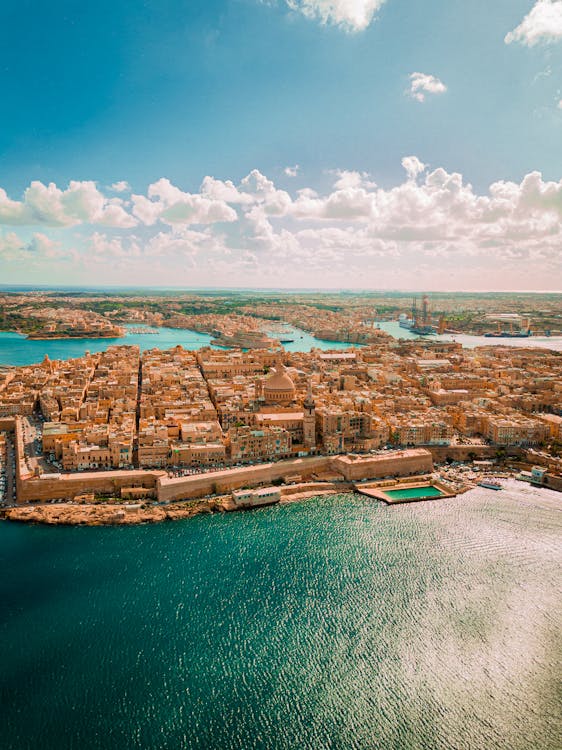Main
Malta Waste Collection: A Step Towards Sustainable Future
Knowing Malta
Discover how Malta has tackled its waste management challenges through government initiatives, community involvement, and technological advancements. Learn about the positive impact of improved waste collection practices on the environment and society. Find inspiration for sustainable waste management solutions in this article.
Effective waste management is crucial for the preservation of the environment and the promotion of sustainable development. The small island nation of Malta, located in the Mediterranean Sea, has recognized the importance of responsible waste collection and has taken significant steps to improve its waste management practices. In this article, we will explore the challenges faced by Malta in waste collection, the initiatives undertaken by the government and local communities, and the positive impact these efforts have had on the environment and society.
Challenges in Waste Collection
As a densely populated island with limited land area, Malta faces unique challenges when it comes to waste management. The rapid urbanization and population growth in recent decades have put immense pressure on the existing waste collection infrastructure. Insufficient waste disposal sites, inadequate recycling facilities, and a lack of public awareness have all contributed to the growing waste management crisis.
Historically, Malta relied heavily on landfilling as the primary method of waste disposal. However, this approach is not sustainable in the long term, as it leads to the depletion of land resources, soil contamination, and the release of harmful greenhouse gases. Recognizing the urgency to address these issues, the Maltese government has implemented several strategies to improve waste collection and promote sustainable practices.
Government Initiatives
The Maltese government has made significant efforts to modernize the waste collection system and encourage recycling. One of the key initiatives is the introduction of a comprehensive waste management plan known as the Waste Management Strategy for the Maltese Islands 2014-2020. This strategy focuses on waste prevention, recycling, and the development of alternative waste treatment methods.
To support the implementation of the strategy, the government has invested in new waste collection infrastructure, including the establishment of modern recycling facilities and the upgrading of existing waste treatment plants. The introduction of sorting-at-source schemes has been instrumental in increasing the recycling rates, as it encourages citizens to segregate their waste into different categories, such as plastic, glass, paper, and organic waste.
Furthermore, the government has actively promoted the use of recycling bins and containers across the island, making it convenient for residents to dispose of their waste responsibly. Educational campaigns and awareness programs have been launched to inform the public about the benefits of recycling and the importance of waste reduction.
Collaboration with Local Communities
While government initiatives play a vital role in waste collection, the active involvement of local communities is equally crucial. In Malta, various community-based organizations and non-governmental organizations (NGOs) have emerged to address the waste management challenges at the grassroots level.
One such organization is "Friends of the Earth Malta," which focuses on environmental conservation and sustainable practices. They organize regular clean-up campaigns in collaboration with local communities, schools, and businesses. These initiatives not only help in waste collection but also raise awareness about the impact of littering on the environment.
Another notable initiative is the establishment of "Bring-In Sites" across the island. These sites serve as collection points for different types of waste, such as glass, paper, and metal. By providing easily accessible drop-off points, the initiative encourages individuals to participate in recycling efforts.
The Role of Technology
Technology has played a significant role in transforming waste collection practices in Malta. The adoption of smart waste management systems has improved the efficiency of waste collection and reduced operational costs. These systems utilize sensors and data analytics to optimize waste collection routes, ensuring that resources are utilized effectively.
Additionally, the introduction of RFID (Radio Frequency Identification) technology in waste bins has facilitated the implementation of pay-as-you-throw schemes. These schemes incentivize individuals to reduce their waste generation by charging them based on the weight or volume of the waste they dispose of. This approach not only encourages responsible waste management but also provides a financial incentive for citizens to recycle and minimize their ecological footprint.
Positive Impact on the Environment and Society
The efforts put forth by the Maltese government and local communities have yielded significant positive outcomes. The introduction of waste separation schemes and recycling initiatives has led to a substantial increase in the recycling rates across the country. As a result, the amount of waste sent to landfills has been reduced, contributing to the preservation of limited land resources and a decrease in greenhouse gas emissions.
Moreover, the focus on waste prevention and recycling has created new opportunities for job creation and economic growth. The establishment of recycling facilities and the development of a circular economy have stimulated the creation of green jobs and encouraged innovation in waste management technologies.
The improved waste collection practices have also had a positive impact on the overall cleanliness and aesthetics of the Maltese islands. Clean streets, reduced littering, and well-maintained public spaces have enhanced the quality of life for residents and visitors alike.
Malta's journey towards effective waste collection and management is a testament to the power of collective action and the importance of sustainable practices. Through a combination of government initiatives, community participation, and technological advancements, the country has made remarkable progress in reducing waste generation and increasing recycling rates.
While challenges still exist, such as the need for continued public education and infrastructure improvements, Malta serves as an inspiration for other nations striving to achieve sustainable waste management. By learning from Malta's experiences and embracing similar strategies, countries can work towards a cleaner and greener future, ensuring the well-being of both the environment and society.

